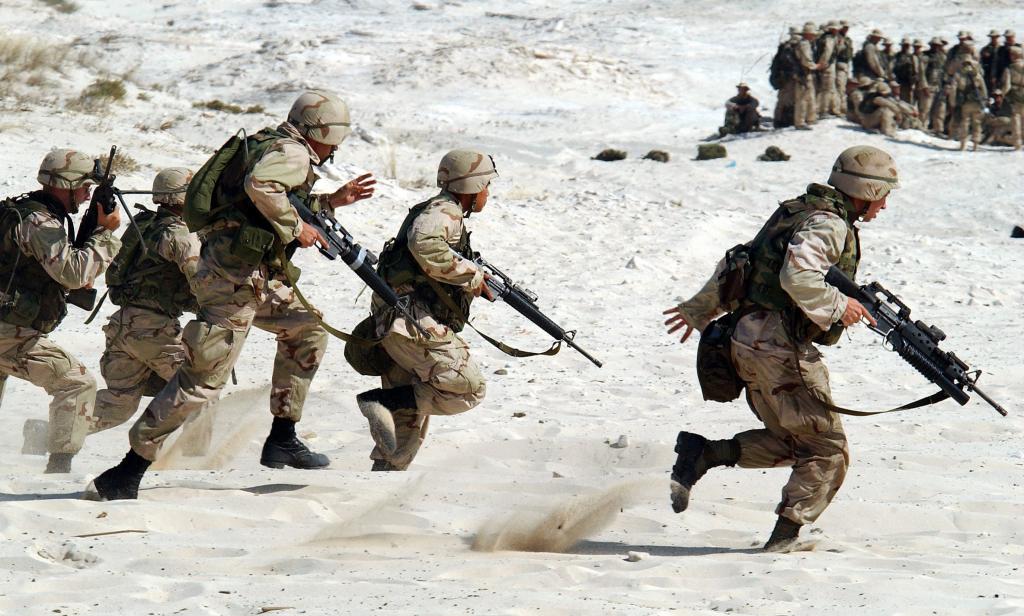
Soldiers commit a crime if they refuse to obey a lawful order, but does a command that may conflict with their employment rights qualify as such? In addressing that fundamental issue, the Court of Appeal considered the vexed interrelationship between military discipline and the civil law.
The case concerned a lance corporal who had technically been on duty for 25 hours when he was ordered to board a coach that was to take him on a training exercise. In refusing to obey, he asserted that the Working Time Regulations 1998 (WTR) entitled him to a 24-hour rest period.
After a Court Martial ruled that the order was nevertheless lawful, he pleaded guilty to an offence of disobedience to a lawful command, contrary to the Armed Forces Act 2006. He received a suspended 90-day custodial sentence and was reduced to the ranks. Challenging his conviction, he argued that the order was not lawful in that it was incompatible with him exercising his right to rest under the WTR.
Dismissing the appeal, however, the Court noted that the armed forces operate on the basis of a hierarchical system where orders must be given and obeyed. All services personnel are firmly embedded in a chain of command. In the real world in which they operate, there can be no room for debate, differences of opinion, equivocation or hesitation when orders are given and received.
The contrary position would self-evidently undermine operational effectiveness, as well as respect for superiors and morale. There was no obligation on services personnel to obey patently unlawful orders, such as to shoot an unarmed prisoner. Save in the most exceptional and clearly defined circumstances, however, they are obliged to obey orders, without challenge or dispute.
The Court noted that, if the soldier’s arguments were correct, a military order could never be lawful if its execution might involve a breach of the civil law. Soldiers who, for example, were commanded to build a fence, in breach of planning control, or to destroy a building, in breach of health and safety or environmental legislation, would be entitled to disobey.
There could be no doubt that the order was issued for a lawful military purpose. It did not require the soldier to commit a criminal act or a civil wrong. On the assumption that his interpretation of the WTR was correct, the command to board the coach meant only that he was unable to exercise his personal entitlement to a rest period. If that were the case, the appropriate remedy would have been to lodge a service complaint through the appropriate channel of command.